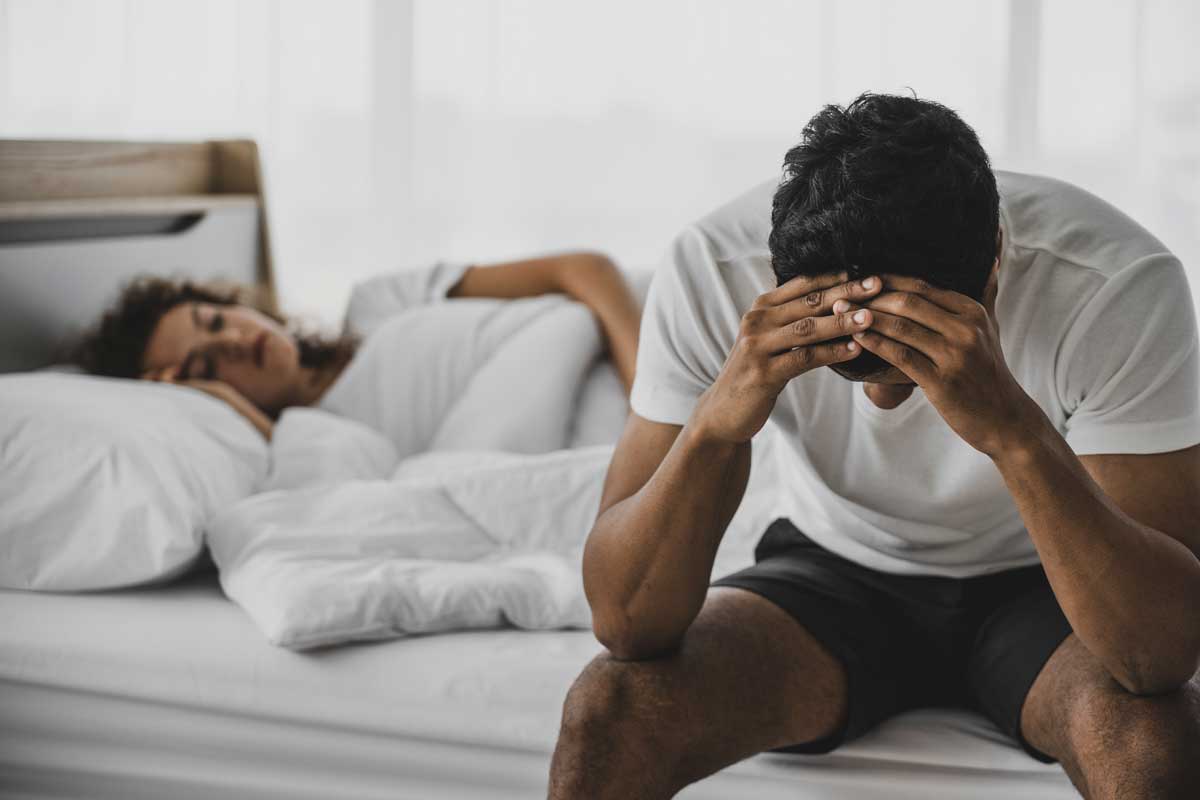No matter how much it was needed and how much it will contribute to your mental health and evolution, a breakup is still experienced by many as a major loss.
Loss usually includes a process of grieving and reintegration of what was broken into meaningful aspects/experiences in one’s life.
When the loss, the griever, or the process of grieving is not acknowledged or accepted (say you ended a relationship with a married individual and no one knew about it), it can lead to a phenomenon known as disenfranchised grief.
What is disenfranchised grief?
Disenfranchised grief is a term that was coined by Ken Doka. He defines disenfranchised grief as, “Grief that persons experience when they incur a loss that is not or cannot be openly acknowledged, socially sanctioned or publicly mourned.”
It may be particularly difficult for you to express your feelings of loss during the current pandemic crisis when you know that there are people who are dealing with death, diagnosis, not knowing how they’re going to put food on the table, and not being able to care for elderly parents/grandparents. We often do not recognize our own loss. However, this lack of recognition may lead to this more complicated form of grief. The combination of stress and grief can create neurological changes that make the already-stressful coping seem even more impossible.
As much as we want to, we can’t change what has happened. The relationship ended and we are grieving. And that’s okay.
Here are some tips for exploring your attitudes about grief and your specific loss during this unprecedented time…
- Recognize and acknowledge your feelings/love for that person. Your love was real, significant, and valid; your grief is real, significant, and valid.
- Allow yourself to take the time and space to grieve because you are worth it. Whether he left you or you left him, there is that specific loss, plus all the secondary losses associated with the relationship. Like missing his dog, or your weekend social routine, etc. You may even want to write “I am grieving the loss of………..” on a card and place it in your wallet, enter it in your phone, or wherever you can have easy access to it. When others say well-intended but insensitive things (trust me, they will!) that minimize your process and experience, reach for that message, read it over, and release/let go of what was said to you.
- Remember that you are not alone. This experience is a part of your life and not your entire life (even though it may feel that way). Being physically isolated can exaggerate feelings of loneliness. Especially when there is no acknowledgment or support of your loss and grief. What can be helpful is connectivity. This is another way that this blog can help you. You can seek and share the experience of others who have experienced similar losses here in your tribe. Share your story with me and others here in the comments.
- Create your own grief ritual. You can have a memorial, burial ceremony, or a closure ritual for a relationship that ended, even if it was a toxic relationship. Perhaps due to the nature of the relationship, you haven’t even shared the existence of the relationship with anyone and here you are, it ended and no one even knew about it, or they did but didn’t approve of your choice. Why not create your own closure ritual now? There’s no reason you can’t do a small memorial or burial. Consider if this is meaningful to you and what may be appropriate. This doesn’t have to be complicated; it could be as simple as deleting old photos, donating his gifts to a thrift store, or taking a cleansing and healing bath.
- Reach out to your tribe and support system. Although you are isolated because of the pandemic, you are NOT ALONE. Make a list of all who can be supportive (and what they each can offer you in terms of support) and try reaching out before you write everyone off. Make sure you consider those who are a little further outside of your circle. Sometimes you find empathy in the least expected place! This may be just the time to reach out to a distant friend. I have also found that it’s sometimes easier to talk to someone you don’t personally know. You can always connect with each other here.
- Remember that your grief and emotional expression of it is UNIQUE. Explore and unpack your grief. Journaling, art, photography, music, and other crafts are great ways to investigate your grief with compassion and self-love. Even if you don’t have the external support you want, you can still explore your grief and emotions on your own and practice self-compassion.
- Consider offering your support to others experiencing disenfranchised grief when you are ready. Although you may not be ready for supporting others right away, eventually, it can be (and it is) very healing to be a support to others. By acknowledging others who may be feeling that their loss is not recognized, you are validating their right to grieve, regardless of how similar or dissimilar their experience is to yours.
Like all things in grief, everything will ebb and flow.
There will be good days and tough days.
There are no quick fixes, there is no “normal way to grieve”, and everyone’s experience is as unique as their fingerprint.
These are just a few basic ideas, but if there are other experiences you have had or things that have made life just a tiny bit easier in your experience of disenfranchised grief, please leave a comment. This is how we learn from and support each other.
Remember, we are all worthy of our own grief. We are physically isolated but never alone!
Written by: Natasha Adamo







